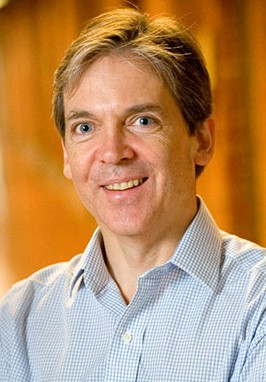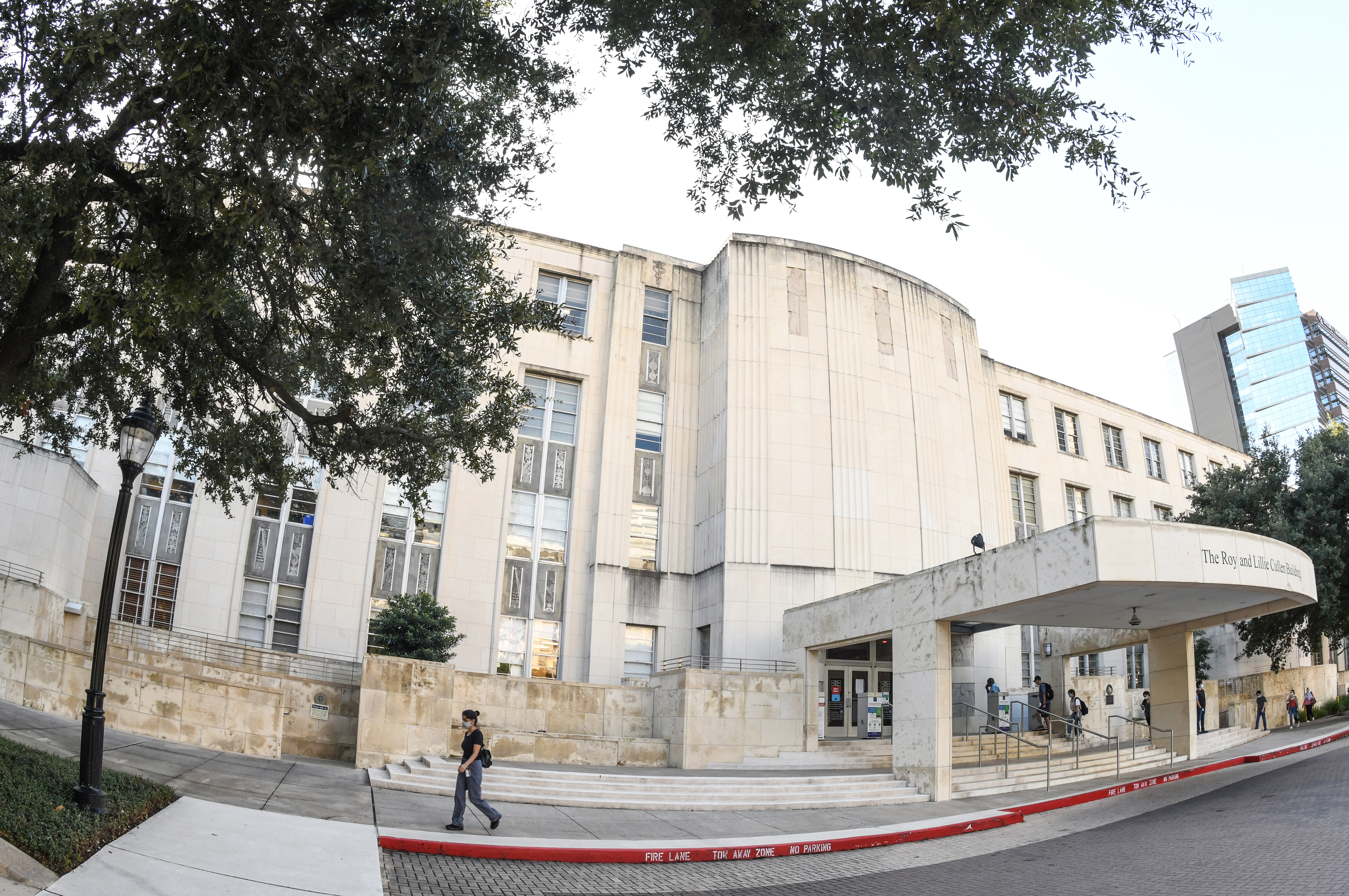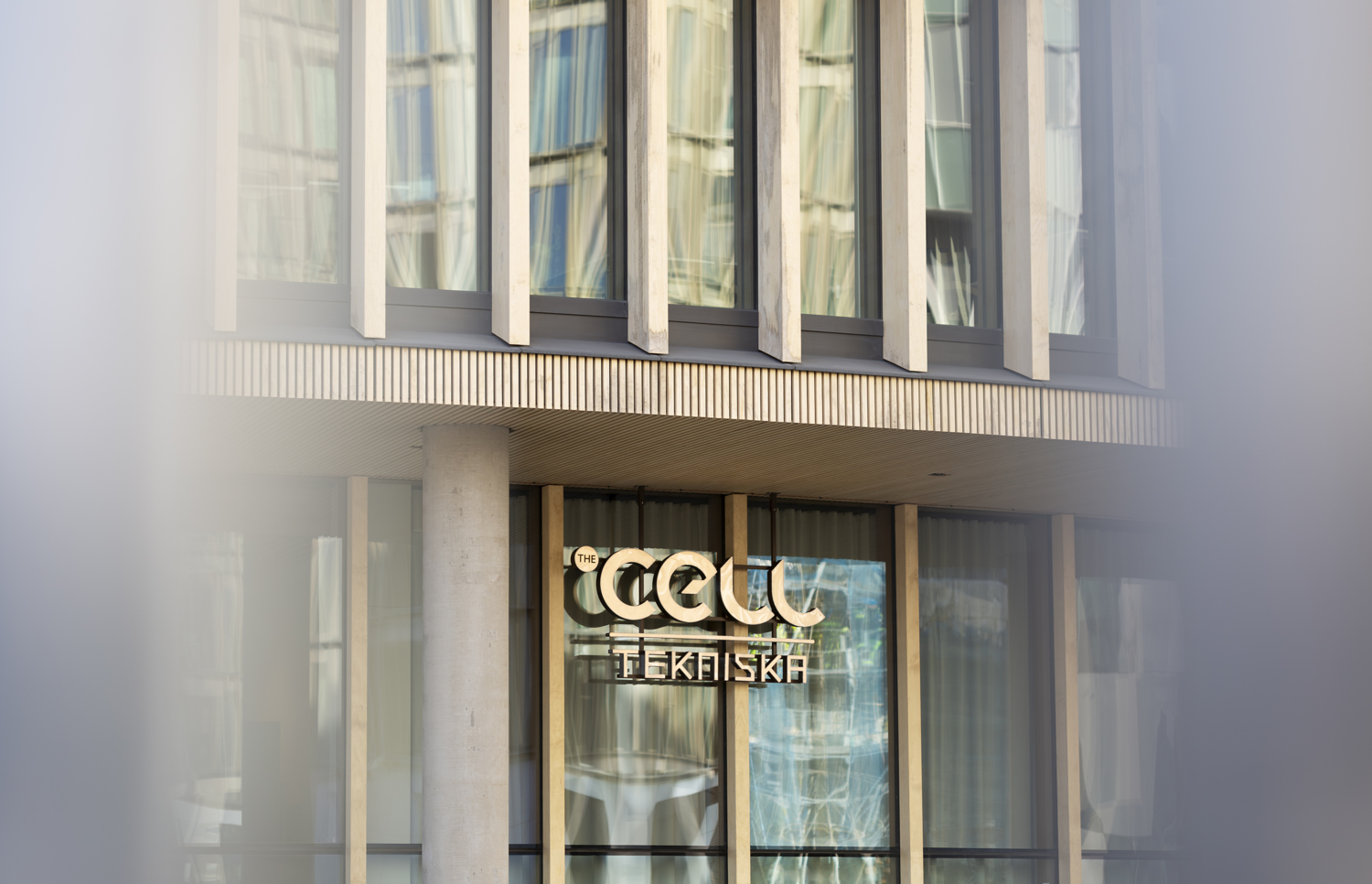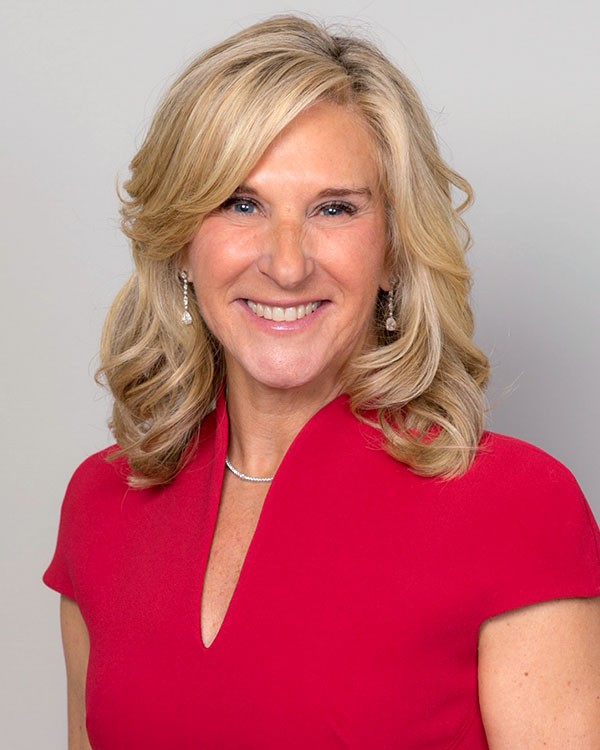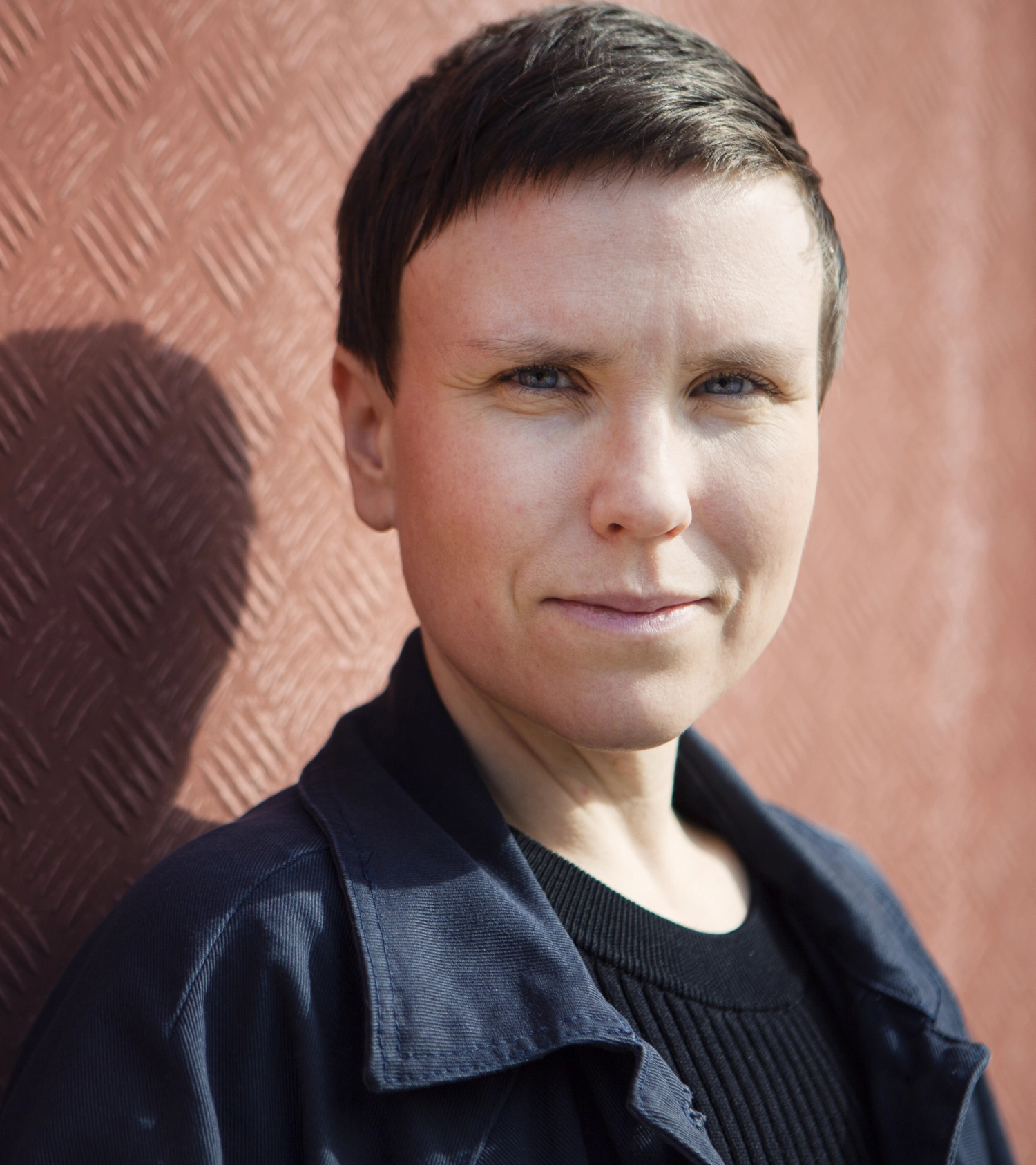The COVID-19 pandemic has raised difficult questions at the intersection of science and policy.
Stephen Hilgartner, professor of science and technology studies in the College of Arts and Sciences, has received a grant from the National Science Foundation (NSF), as well as a grant from the Cornell Center for Social Sciences (CCSS) for an ambitious research project on COVID-19 policies across different countries.
The project aims to shed light on the relationship between expertise, trust and policymaking during the crisis.
“To avert catastrophic health and economic outcomes, policymakers need to be both fast and right,” Hilgartner said. “That is tough when you have to deal with gaps in knowledge, fast-moving events that don’t respect geopolitical borders, and a complex policy environment. Polarized politics and disagreements among experts compound this problem. Yet during a pandemic, identifying trustworthy sources of expertise is a life-and-death matter.”
Hilgartner and Sheila Jasanoff, professor of science and technology studies at Harvard University, will lead a team of established STS scholars from 10 countries who will start on this work immediately. The research team hopes publishable results in a few months will make both short-term and long-term contributions.
Different countries have different ways of identifying trustworthy sources of expertise, Hilgartner said. A country’s institutions, traditions and cultural commitments shape its way of gathering knowledge, shaping policy and convincing the public.
“Comparing countries offers a chance to learn from their varied experiences and may help to identify best practices,” Hilgartner said.
The research team will compare 10 countries: Austria, China, France, Germany, Italy, Japan, the Netherlands, South Korea, the United Kingdom and the United States. It will also compare several U.S. states, and expects to add India and some developing countries. The NSF grant will fund a postdoctoral researcher based at Cornell; the CCSS provided additional funding for a Cornell graduate research assistant.
By the end of 2020, Hilgartner said, a series of country reports will be available free online and will serve as a basis for further analysis, peer-reviewed publications, and an edited collection.
He hopes that, in the short term, early results will encourage countries to learn from each other as they make policies to address the current pandemic.
In the longer term, he said, “We hope that an improved understanding of how governments can more effectively secure robust knowledge for policymaking will help when the next global crisis hits.”
Kate Blackwood is a writer for the College of Arts and Sciences.

